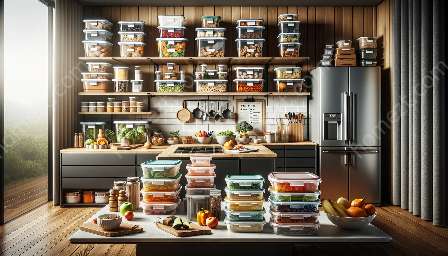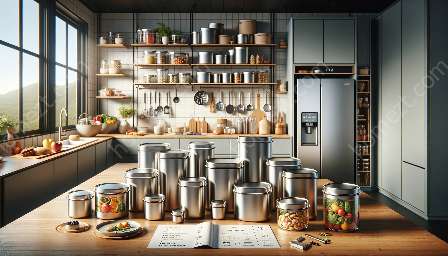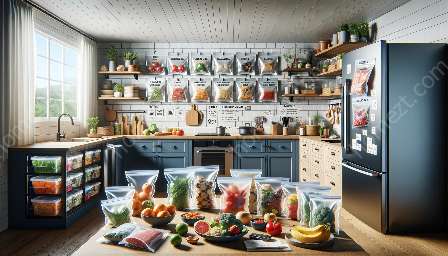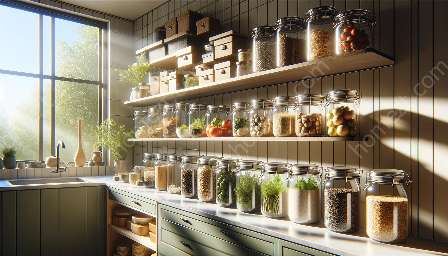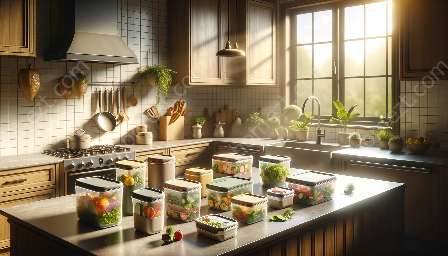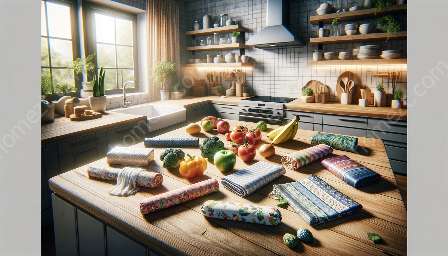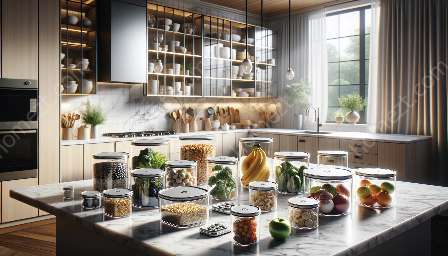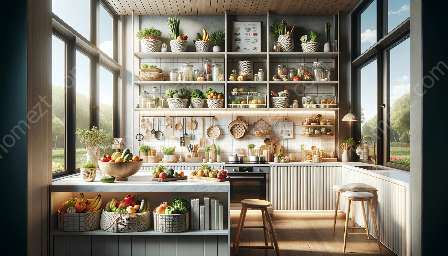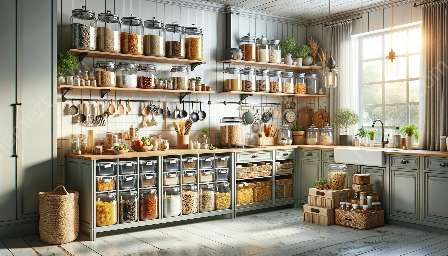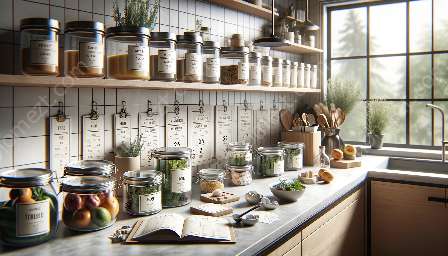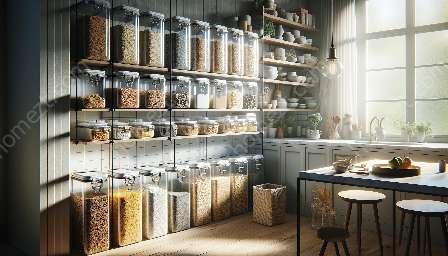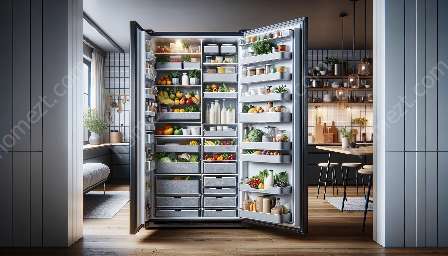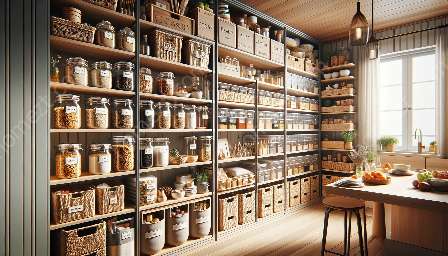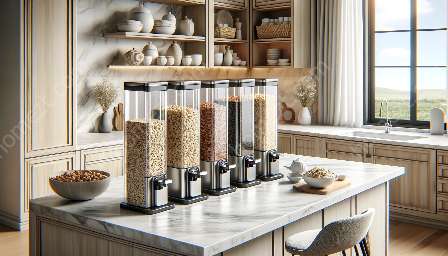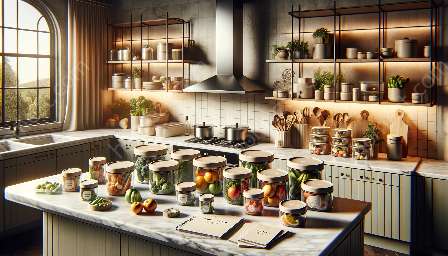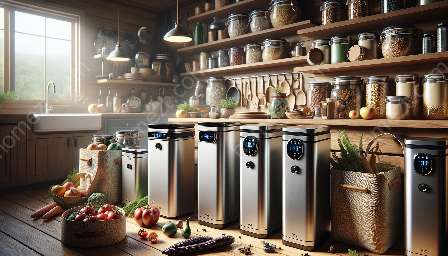Fresh produce adds color, flavor, and nutrients to our meals. Proper produce storage is essential to extend the shelf life and maintain the quality of fruits and vegetables. In this comprehensive guide, we will cover various aspects of produce storage and its compatibility with food storage, kitchen, and dining.
Understanding Produce Storage
Proper produce storage is crucial for maintaining the freshness and nutritional value of fruits and vegetables. Factors such as temperature, humidity, and airflow play vital roles in preserving the quality of produce. Whether you are storing fresh fruits and vegetables from your garden or those purchased from the store, following the right storage methods can significantly extend their shelf life.
Compatible with Food Storage
Produce storage is closely related to food storage as it involves preserving perishable items. When considering food storage, it’s important to create an environment that is conducive to both produce and other food items. Understanding the compatibility between produce storage and general food storage practices ensures that all food items stay fresh while maximizing their nutritional value.
Kitchen and Dining Considerations
The kitchen and dining areas are where produce is prepared and consumed. It’s important to integrate effective produce storage solutions that fit seamlessly into these spaces. Organizing the kitchen and dining areas to accommodate produce storage not only promotes convenience but also encourages healthy eating habits.
Effectively Storing Fruits and Vegetables
Here are some practical tips for storing different types of produce:
- Temperature Control: Many fruits and vegetables thrive in cool temperatures. Storing these items in the refrigerator can help extend their freshness.
- Avoiding Moisture: Excess moisture can lead to spoilage. Using paper towels or breathable bags can help absorb excess moisture and prevent produce from getting soggy.
- Adequate Ventilation: Providing good airflow is crucial for certain produce items. For example, storing potatoes in a well-ventilated container can help prevent sprouting and spoilage.
Optimizing Storage Spaces
Incorporating suitable storage containers, shelves, and racks can help maximize the available space and keep the produce organized. Utilizing clear containers can also help in identifying the items easily and reducing waste.
Innovative Produce Storage Solutions
Advancements in technology have led to the development of innovative produce storage solutions. From specialized storage containers to smart refrigerators with customized produce compartments, there are several options available to ensure optimal storage conditions for fruits and vegetables.
Conclusion
Proper produce storage is essential for preserving the nutritional value and extending the shelf life of fruits and vegetables. By understanding the principles of produce storage and its compatibility with food storage, kitchen, and dining, individuals can effectively maintain the freshness and quality of their produce. Implementing practical storage solutions and embracing innovative technologies can further enhance the overall produce storage experience.

